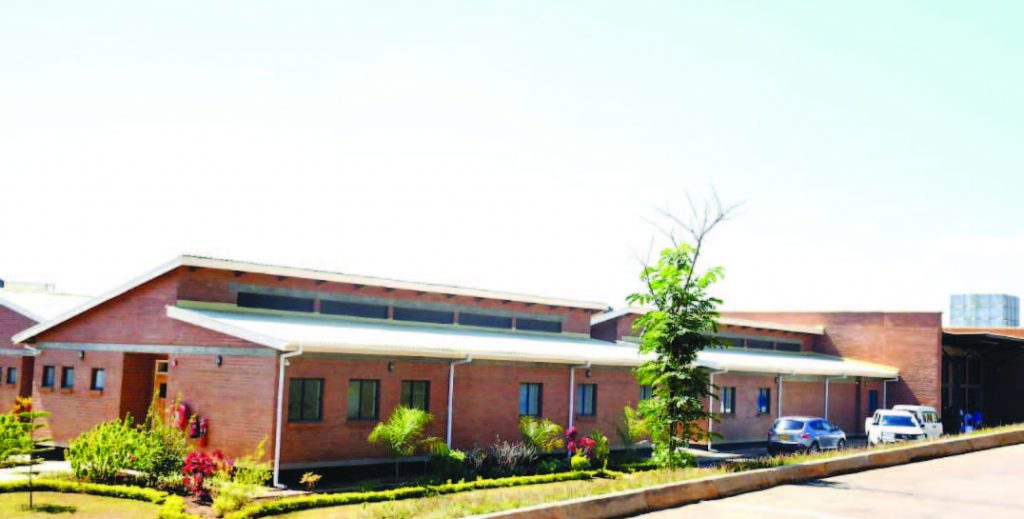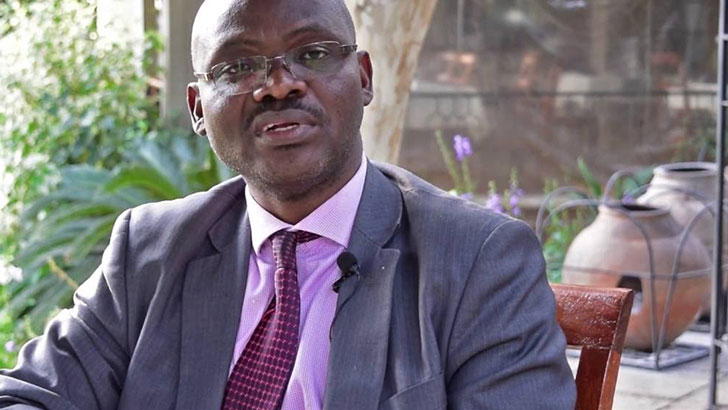Cancer treatment budgetdealt huge blow
Cancer patients accessing treatment at referrals such as Queen Elizabeth Central Hospital (QECH) should brace for tough times following a meagre allocation of K500 million towards drug purchases.
Already, some patients are having challenges to access chemotherapy due to lack of drugs.

Zomba-based Lucky Mkwezalamba has twice in the past two weeks failed to start a scheduled chemotherapy treatment due to unavailability of drugs.
He said: “For my scheduled chemotherapy treatment I come every Tuesday in the morning where tests are conducted first before commencing.
“But for the past two weeks, I have been sent back due to lack of drugs. Those that can buy from pharmacies, do so. But I cannot afford it.”

Mkwezalamba fears that such delays could complicate his treatment cycle.
“I ensure I arrive as early as 5am to start by booking prior to commencement of treatment since there are a lot of patients on treatment,” he said.
Mkwezalamba’s worries were also expressed by another patient at the referral facility, Peter Mwangomba, who travels from Chikwawa.
“At times, I come as per routine, but I am not sure if treatment will commence since there are less treatment drugs,” he said.
Mwangomba said they are at times assured that drugs would be available at the end of the week and they end up spending the whole week at the facility.
He said they do this to save money spent on transport.
The two are not the only patients facing such intermittent access to cancer treatment services.
Zione Samangaya, who travels from Luchenza in Thyolo District, on Friday described such scenarios as disheartening when she expects to be treated and get better soon.
Our efforts to speak to QECH director Dr Samson Mdolo, however, proved futile as he could not be reached.
But the allocation of K500 million towards treatment drugs at the referral facility is likely to worsen the situation.
In its analysis of the 2022/23 National Budget, Malawi Health Equity Network (Mhen) states that the allocation is against the required K2.5 billion.
This, therefore, means the low allocation towards the drug budget will put pressure and adversely affect both cancer patients and health service delivery.
Reads part of the analysis: “Cancer drugs at QECH allocated K0.5 billion against K2.5 billion-may affect 9 000 patients who seek services at the facility.”
Compounding the situation, according to the analysis, is the allocation of K1 billion to construction of the Cancer Treatment Centre against the required K4 billion, representing a 75 percent funding gap.
Construction of the Cancer Treatment Centre in Lilongwe was launched in 2017 by immediate past president Peter Mutharika.
At the time of the launch, it was anticipated that the centre would reduce the cost and number of patients sent outside the country for treatment by 50 percent.
Nation on Sunday could not independently verify how much is spent on sending cancer patients abroad for treatment, but in 2017 it was reported that one referral to India for specialist treatment costs K10 million.
Epidemiology and public health professor at Kamuzu College of Health Sciences Adamson Muula said in an interview on Wednesday that there is a need for adequate allocation towards cancer treatment.
He said: “Cancer drugs are particularly expensive and the allocated money is a drop in the ocean. Do we need more money? Yes, we do.
“Will the money allocated be adequate? Never. I have to be realistic by saying that this will not happen in the short or medium term. There are just other important needs that our government would want to fund.”
Muula said the non-availability of radiotherapy within the country further puts a strain on the available cancer drugs where some patients who should be treated with radiotherapy must be on long-term chemotherapy just because radiotherapy is not available.
It is estimated that in a month, QECH records over 200 new cancer patients. Cervical cancer is among the top cancer reported.
A study by Dr Charles Mabedi and others established that Malawi has the highest cervical cancer incidence and mortality in the world and the highest proportion cancers in Eastern and Southern Africa.





